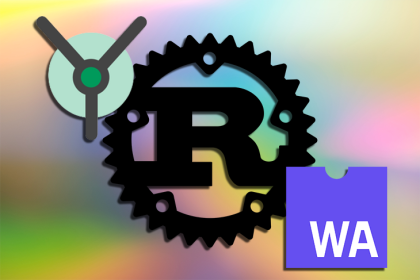
WebAssembly has made it possible to build frontend apps in Rust. Now, learn to build a simple web app with Rust and Yew, powered by Wasm.
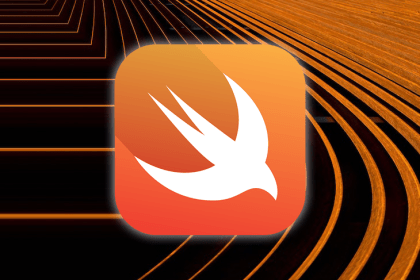
Use type casting operators in Swift to add generalizations that make it easy and fast to run routine tasks like loops.
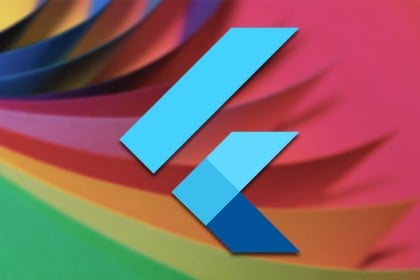
Learn how to combine standard Flutter widgets to create even more customizable and performant apps in this step-by-step card widget tutorial.
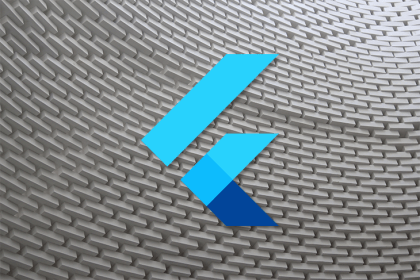
Using the GridView class in Flutter, you can show data in a grid format. Learn how you can implement this in your Flutter app.
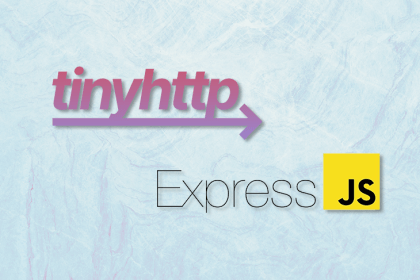
This guide compares a commonly used framework for building web applications with Node.js, Express.js, with tinyhttp, a popular alternative.

Create alert dialogs, custom dialogs, and full-screen dialogs in Flutter for a better user experience in your mobile applications.
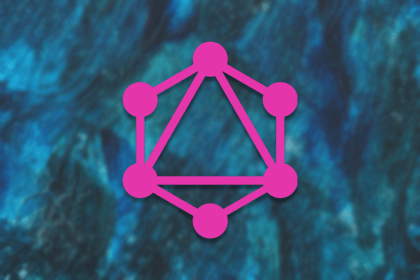
See how to design a single-line URL-based query syntax for GraphQL servers that is simple to read and write.
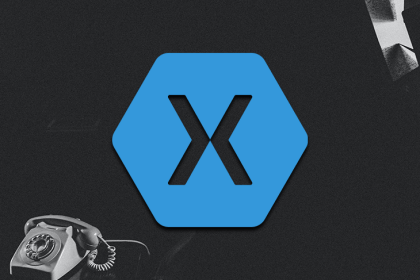
See how Xamarin.Essentials sets up users to create phone calls and SMS interactions directly within your app.
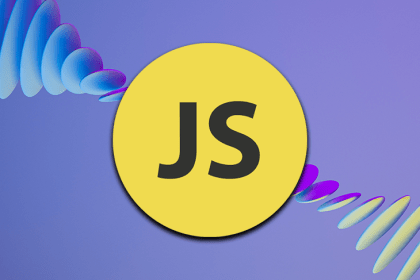
When it comes to scroll-linked animations, here are two takeaway tips: use Javascript observer patterns and CSS where possible.
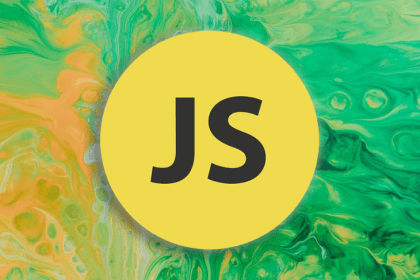
Learn to create and deploy your own non-fungible token (NFT) using JavaScript to digitally transfer ownership of either a real or intangible asset.
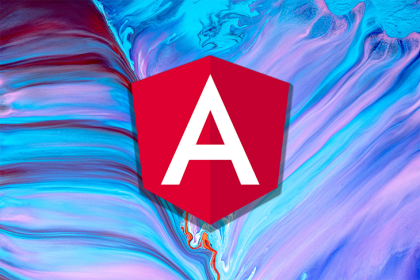
Access all the benefits of GitHub when you deploy your single-page Angular app code repositories to GitHub Pages.
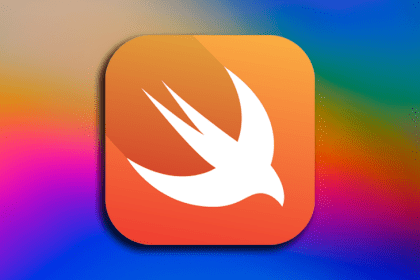
Learn how classes and structs function and differ to provide developers flexibility when programing in Swift.